
 |
|
|
Vegetables
Volume 63 Number 4 Date 05/24/2018 IMPORTED CABBAGEWORM - Larvae are emerging in southern areas of the state where 300 degree days (simple base 50°F) have been surpassed. Cabbageworms chew large, irregular holes in leaves, bore into heads, and drop brown fecal pellets that contaminate cole crops. Regular sampling for eggs and small larvae is recommended during the transplant to cupping stages to assess populations and to avoid insecticide treatments that disrupt biological control. The biological insecticide Bacillus thuringiensis (Bt) is effective against early-instar caterpillars and is an organically acceptable form of control. Treatment may be warranted for infestations affecting 30% or more of plants. COLORADO POTATO BEETLE - Beetles are likely beginning to disperse from hibernation sites. Oviposition on potatoes, tomatoes, eggplants and other host plants should begin before the end of the month. The bright orange-yellow eggs are deposited in clusters of 15-30 on the undersides of leaves. Egg hatch occurs in 4-9 days. ONION MAGGOT - Emergence of flies is underway in warmer southern and western areas (from La Crosse southward). Flies of the spring generation are expected to begin appearing next week across southeastern and central Wisconsin. Damage from the resulting first-generation maggots usually becomes evident around mid-June as onion seedlings start to wilt. Infested plants, when pulled, often break just below the rotting stem. Rotating this year's plantings as far away as possible from last year's onions is the most basic approach to onion maggot control. Preventative soil insecticides may be considered if 5-10% of last year's crop was damaged by onion maggot. -- Krista Hamilton, DATCP Entomologist 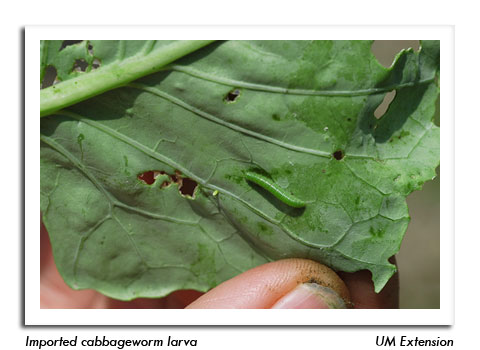
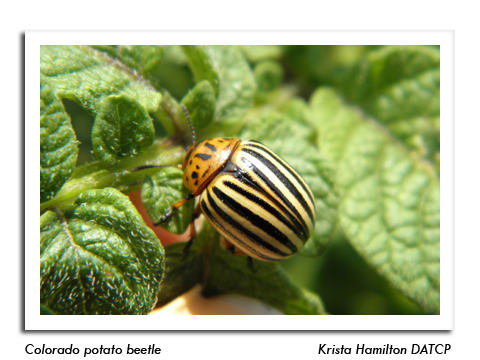
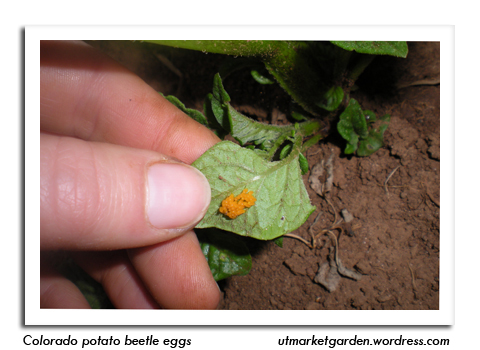
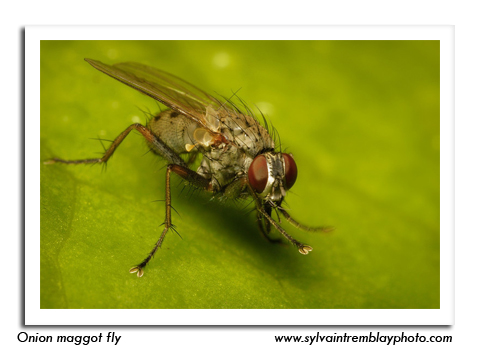
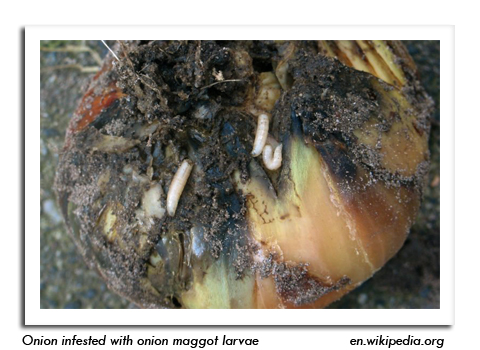
|
|
|